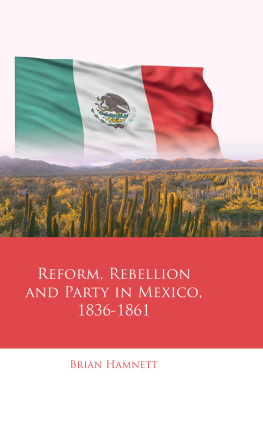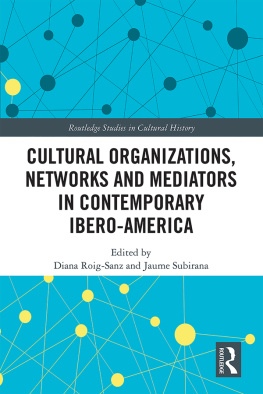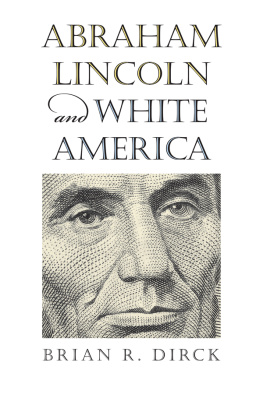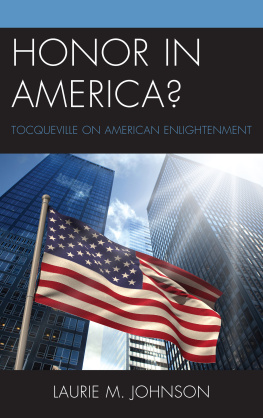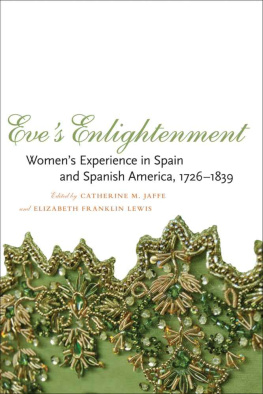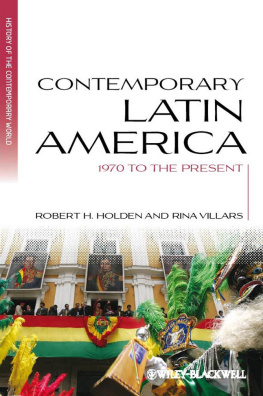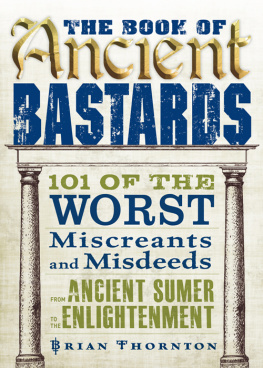Brian Hamnett - The Enlightenment in Iberia and Ibero-America
Here you can read online Brian Hamnett - The Enlightenment in Iberia and Ibero-America full text of the book (entire story) in english for free. Download pdf and epub, get meaning, cover and reviews about this ebook. year: 2017, publisher: University of Wales Press, genre: Politics. Description of the work, (preface) as well as reviews are available. Best literature library LitArk.com created for fans of good reading and offers a wide selection of genres:
Romance novel
Science fiction
Adventure
Detective
Science
History
Home and family
Prose
Art
Politics
Computer
Non-fiction
Religion
Business
Children
Humor
Choose a favorite category and find really read worthwhile books. Enjoy immersion in the world of imagination, feel the emotions of the characters or learn something new for yourself, make an fascinating discovery.

- Book:The Enlightenment in Iberia and Ibero-America
- Author:
- Publisher:University of Wales Press
- Genre:
- Year:2017
- Rating:4 / 5
- Favourites:Add to favourites
- Your mark:
- 80
- 1
- 2
- 3
- 4
- 5
The Enlightenment in Iberia and Ibero-America: summary, description and annotation
We offer to read an annotation, description, summary or preface (depends on what the author of the book "The Enlightenment in Iberia and Ibero-America" wrote himself). If you haven't found the necessary information about the book — write in the comments, we will try to find it.
The Enlightenment in Iberia and Ibero-America — read online for free the complete book (whole text) full work
Below is the text of the book, divided by pages. System saving the place of the last page read, allows you to conveniently read the book "The Enlightenment in Iberia and Ibero-America" online for free, without having to search again every time where you left off. Put a bookmark, and you can go to the page where you finished reading at any time.
Font size:
Interval:
Bookmark:

Lisa Shaw (University of Liverpool)
Gareth Walters (Swansea University)
Rob Stone (University of Birmingham)
David Gies (University of Virginia)
Catherine Davies (University of London)
Richard Cleminson (University of Leeds)
Duncan Wheeler (University of Leeds)
Jo Labanyi (New York University)
Roger Bartra (Universidad Nacional Autnoma de Mxico)

2017

AGI | Archivo de Indias, Seville |
AHAV | Archivo Histrico del Ayuntamiento de Valencia |
AHDE | Anuario de Historia del Derecho Espaol |
AHN | Archivo Histrico Nacional, Madrid |
AHR | American Historical Review |
EHQ | European History Quarterly |
HAHR | Hispanic American Historical Review |
JLAS | Journal of Latin American Studies |
LBR | Luso-Brazilian Review |
RI | Revista de Indias |
Font size:
Interval:
Bookmark:
Similar books «The Enlightenment in Iberia and Ibero-America»
Look at similar books to The Enlightenment in Iberia and Ibero-America. We have selected literature similar in name and meaning in the hope of providing readers with more options to find new, interesting, not yet read works.
Discussion, reviews of the book The Enlightenment in Iberia and Ibero-America and just readers' own opinions. Leave your comments, write what you think about the work, its meaning or the main characters. Specify what exactly you liked and what you didn't like, and why you think so.

